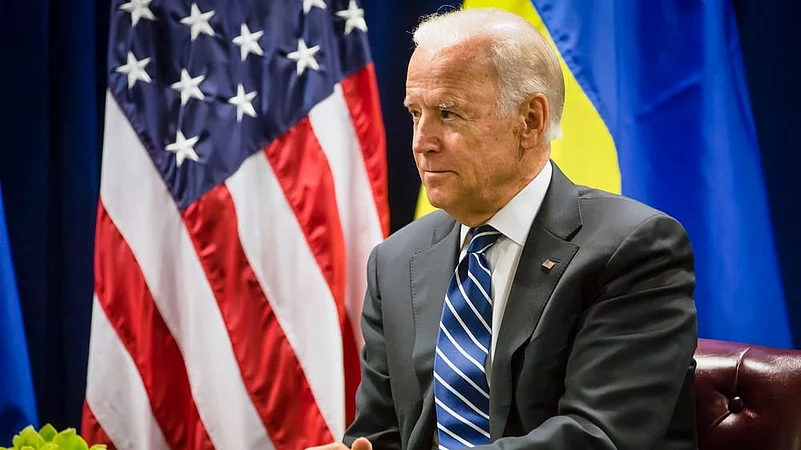“The world is spinning too fast for you and me
So, tell me, whatever happened to the American Dream?”
–MKTO (American hip hop duo)
Last week at a fund-raising event in Washington, DC for his re-election campaign, President Joe Biden said xenophobia was stunting the growth of economies of India, China, Japan and Russia. The US has been open to migrants, and this has been good for the economy. Undoubtedly, Biden recognises the contribution of immigrants to the US economy, as he must, but does that necessarily mean that the American mindset is reflective of an open and plural society?
Melting pot culture has been an American tagline; that is all good, rhetorically speaking, but the immigrant experiences of discrimination paint a different picture. Is the US doing as much for its immigrants as its immigrants are doing for its economy? Whatever happened to the promise of the American dream?
True the US is home to the highest number of immigrants—15 per cent of the population was not born in America. The US Citizenship and Immigration Services reported that they welcomed 8.7 lakh foreign nationals as new citizens during the fiscal ending September 2023. India ranked second with 59,100 Indians becoming bona fide citizens of the US in the same period. This constitutes nearly 6.7 per cent of the total number of people who were naturalised that year.
In the US, employment-based preference category is one of the several categories of naturalisation other than family-sponsored preference categories, refugees and asylees, and those under Diversity Immigrant Visa Programme. According to a 2022 report by National Foundation for American Policy, a non-partisan research organisation, immigrants are founders of more than half of America’s start-ups which are valued at $1 billion or higher. Immigrants of Indian origin constitute the highest number of these founders.
In 2023 Kaiser Family Foundation, a non-profit foundation that does research, journalism and communication programmes in the US reported that in a survey conducted with 3,358 adult immigrants belonging to varied countries of origin, racial and ethnic identities, immigration statuses, and social and economic statuses in the US about a third of immigrants have experienced insults for speaking a language other than English. Nearly 33% have been bullied and asked to go back to their home countries and about four in ten (38 per cent) have reported unfair treatment at restaurants, while renting homes and even in interactions with police. Racial and ethnic backgrounds have also led one in four of surveyed immigrants to face unfair treatments at healthcare facilities.
Three in ten graduate immigrants reported that they were overqualified for their current jobs and had to step back in their careers or lacked career advancement opportunities in the US.
By terming India as xenophobic, Biden has given history a short shrift. For years this country has been the home to Persians, Afghans, Armenians, Chinese and Rohingya among others. That these communities have lived freely and prospered is a marker of India’s openness to welcoming others.
In 1952 Claude Lévi-Strauss, a French anthropologist, published a booklet titled, Race and History. Here he wrote, “The more we claim to discriminate between cultures and customs as good and bad, the more completely do we identify ourselves with those we would condemn. By refusing to consider as human those who seem to us to be the most ‘savage’ or ‘barbarous’ of their representatives, we merely adopt one of their own characteristic attitudes. The barbarian is, first and foremost, the man who believes in barbarism.”
President Biden should look at his own backyard before lecturing others.
































